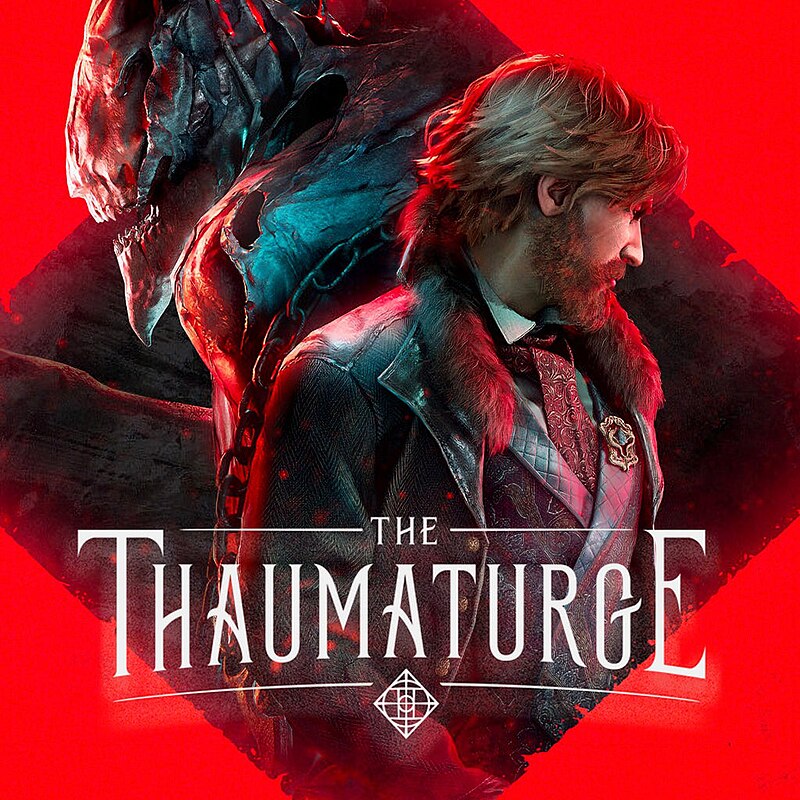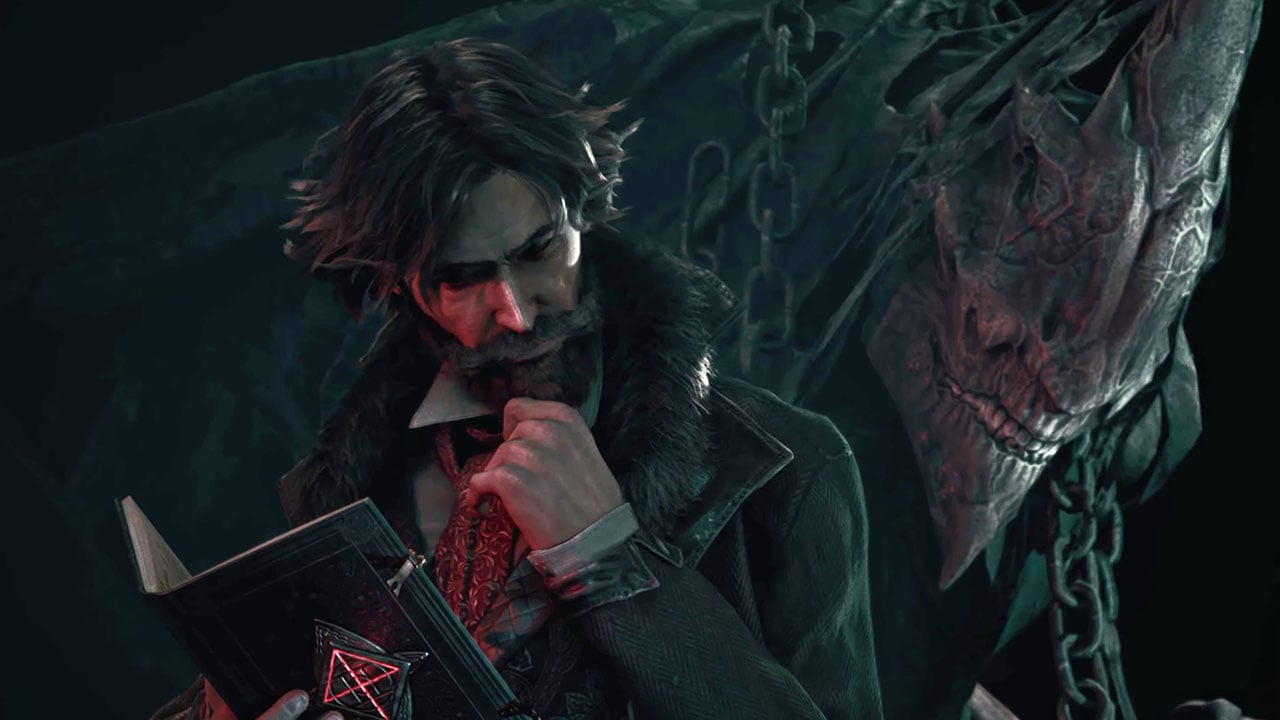
The Thaumaturge: A world full of consequences
The Thaumaturge is a narrative-driven RPG set in 1905’s Warsaw, during the city’s occupation by the Russian Empire. In this game, you assume the role of Wiktor Szulsky, a thaumaturge who rushes back to his hometown due to urgent family matters, accompanied by the mystical figure known as Rasputin, who plays a major role in the story.
Thaumaturges possess magical abilities that allow them to read people’s mind and soul simply by examining the items they touched. People may develop particular Flaws, natural imperfections that can attract supernatural demons known as Salutors, who are only visible to thaumaturges and can be captured by them.
Flaws are bad because not only influence the people who are affected, but also those who stand close to them. Wiktor can also be influenced by his own flaw, Pride, which opens special dialogue options during cutscenes.
The more you use your Pride, the more it grows stronger, unlocking new dialogue choices and consequences throughout the story. Your main Salutor, a floating skeleton with a soviet military uniform, aligns with your Flaw, but you can also absorb other people’s flaws and capture more Salutors (some completely optional), depending on how much you explore and what choices do you make.
Being a classic RPG, The Thaumaturge includes multiple endings; some of these can be seen simply by reloading the save file before the point of no return (you will see a warning message when the time comes), but other endings are only possible depending on how you have treated certain characters throughout the adventure. Therefore, the replayability can be very high and a second playthrough is certainly worth.
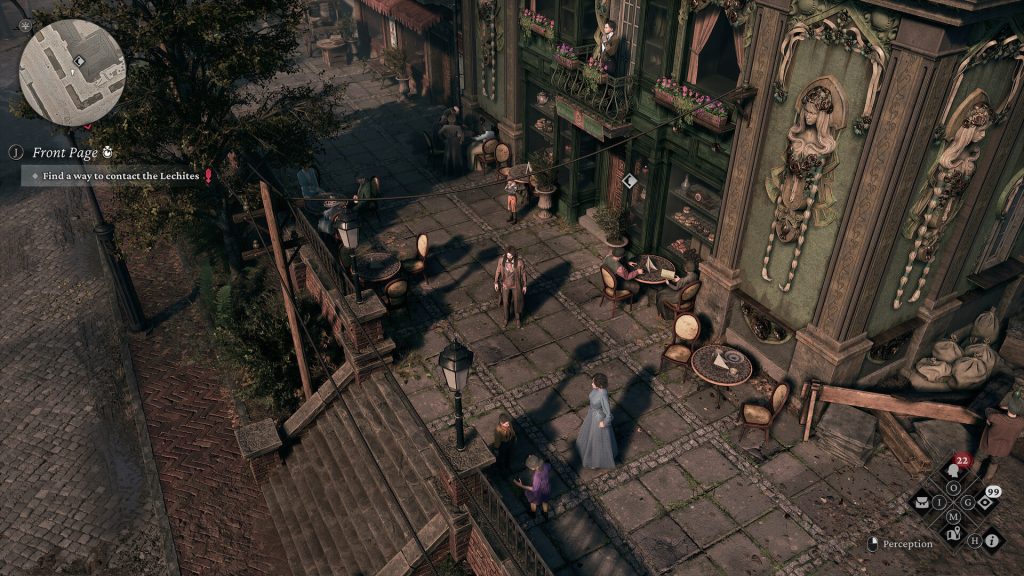
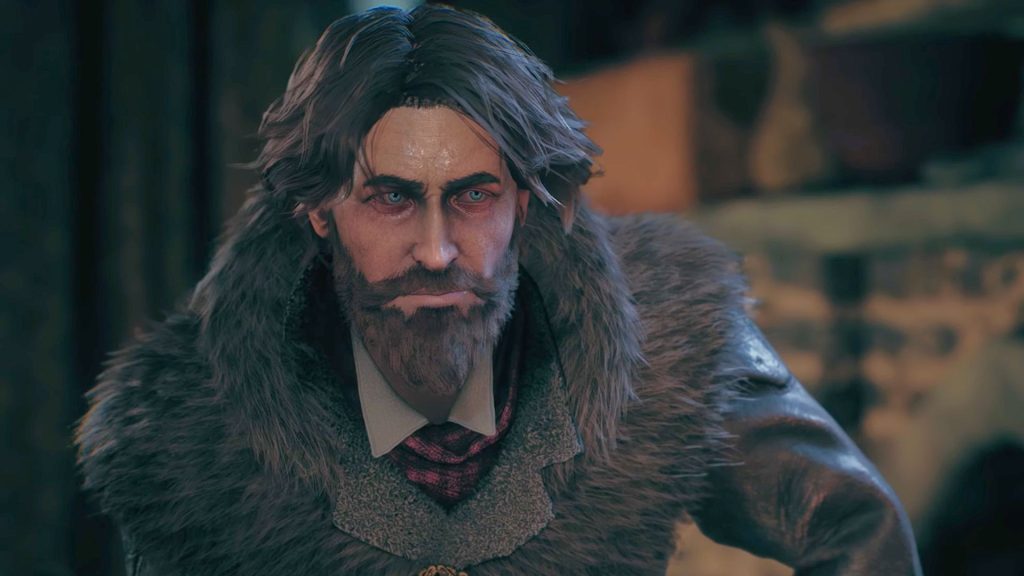
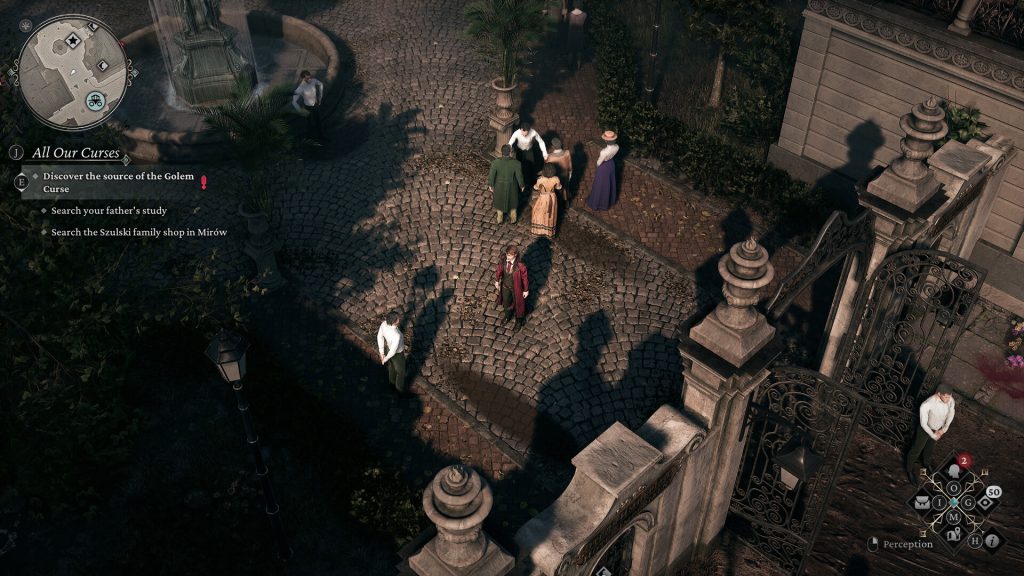
Like a modern Witcher
To progress in most quests, you need to gather information about the characters you encounter. You can obtain “observations” by talking to them or simply interacting with the items they have touched. After collecting sufficient observations, you will reach a conclusion that unlocks unique dialogue options that allow you to end each quest in a different way. The quality of writing in these quests is really good, each one is very intriguing and tackles a different aspect of Warsaw society and the magical dimension of the thaumaturges.
I would compare The Thaumaturge to The Witcher, not only for the quality of writing, or because the team is made of ex-CD Projekt Red developers, but for also for a few characteristics these games have in common. Just like Geralt of Rivia, Wiktor can walk around using his perception skill to scan the area and discover items important for his investigations.
After increasing the power of his Salutors through the skill tree, he can also manipulate people during dialogues, just like the Axii sign (he also makes the hand movement). Last, but not least, Wiktor will also meet other thaumaturges and depending on your choices, befriend or antagonize them.
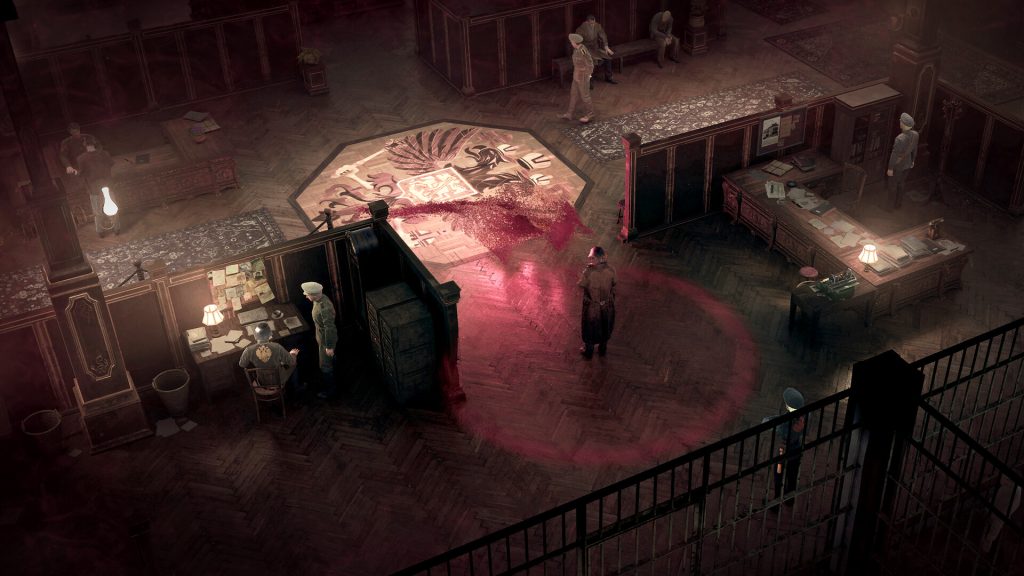
Exploration is another important aspect of the gameplay and greatly encouraged. You have the ability to fast travel between various districts in the city of Warsaw, each reflecting the social status of its inhabitants.
The locations are beautifully designed and walking around the streets you can discover random events and optional quests. You can also visit the Tailor to change outfits or the Barbier to change your hair and beard style. Moreover, the game includes cinematic cutscenes, and although the characters are usually well-voiced, their facial expressions aren’t really great.
The performance on PC could be better, but it’s good enough, with only minor bugs or glitches encountered, none of which affect the gameplay significantly. If you need a boost in performance, I’d recommend turning off the Lumen option, which is the equivalent of raytracing, although not much demanding (and makes lighting more realistic).
Combat is the weakest part in The Thaumaturge
The gameplay of the Thaumaturge is not only exploration and quests solving though. Throughout Wiktor’s journey, you will frequently confront multiple enemies either solo or occasionally with an ally. To emerge victorious, you need to reduce the enemies’ health points by utilizing an array of skills and your Salutors’ abilities.
The combat is turn-based and each attack comes with its own speed, with the more powerful ones requiring longer time for preparation. While you can only summon one Salutor at a time, it’s very important to switch between them as enemies possess distinct traits that can only be neutralized by specific Salutors. When it’s time to capture a Salutor, you will face a sort of boss fight, in which the Salutor will spawn minions and use all his skills to fight you.
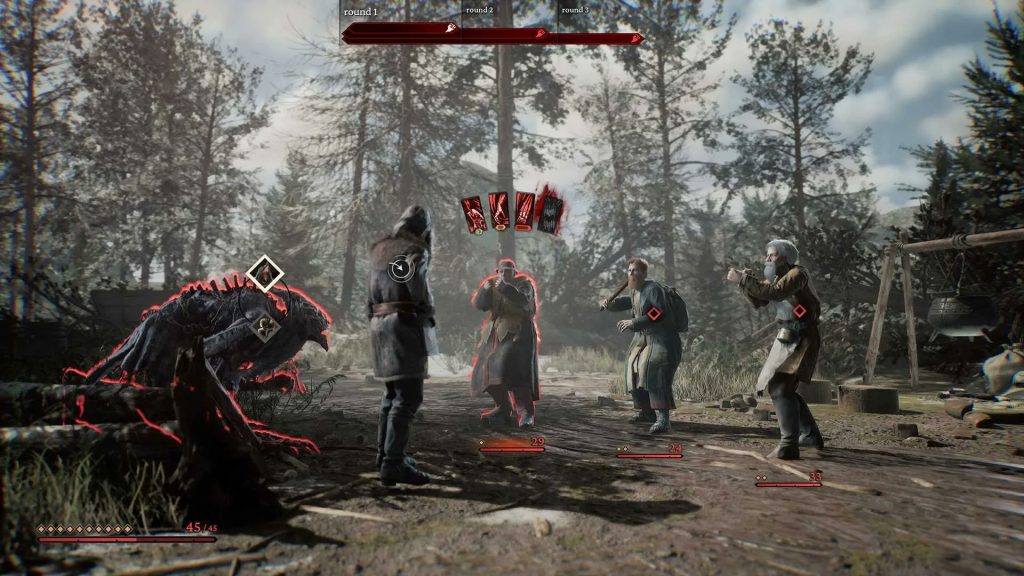
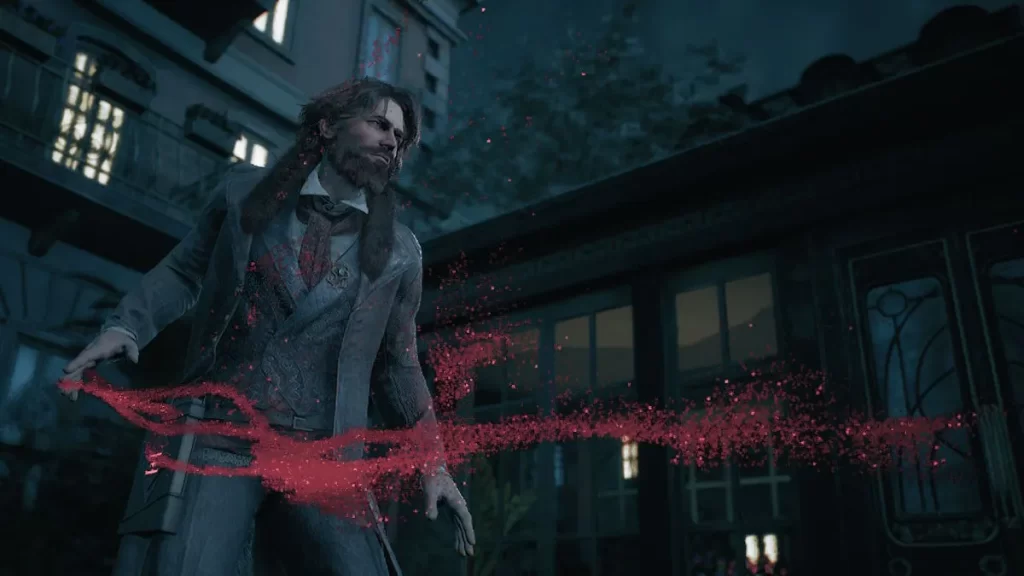
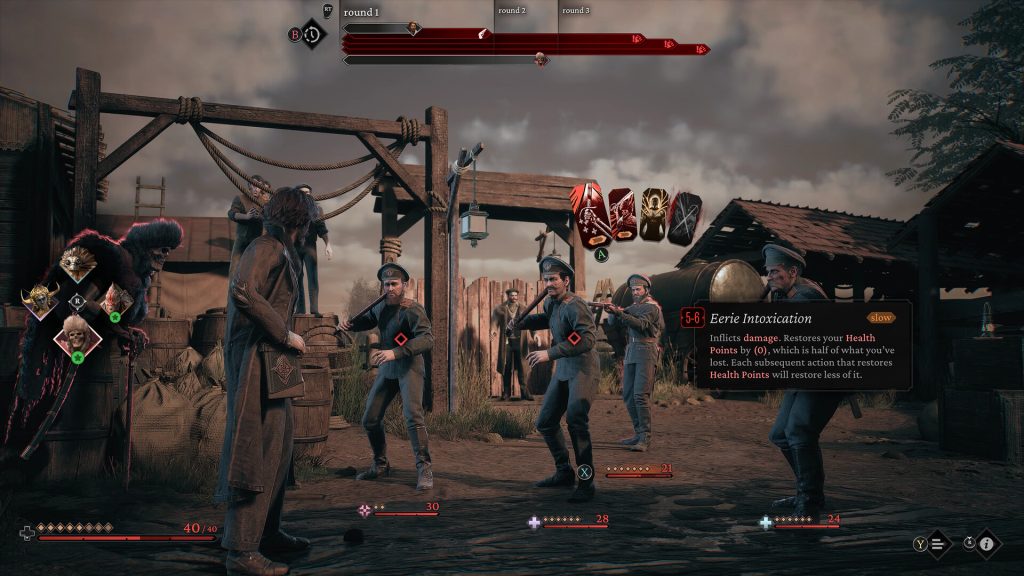
Overall, the difficulty level is rather low, except for a few optional boss fights which can be really hard, especially if you don’t have enough Salutors with you. By finding useful items for investigations, completing quests and winning fights, you will also accumulate experience points that you can use on a skill tree to increase your stats and unlock more Salutors’ powers.
Sadly, combat is the weakest aspect of the gameplay, because the mechanics are very simple and there are so many fights that make it repetitive. Many times I didn’t have any dialogue option to avoid these fights, even if I wanted to.
Since combat isn’t very appealing and there is also a lot of reading involved during quests, the game can easily make your viewers bored if you intend to use it for a livestream.
On the other hand, if you have streamed games like Disco Elysium or Divinity Original Sin in the past, then this is will offer a similar experience, so the choice of streaming it or not depends on how much your audience is experienced with this genre. Keep in mind that the game requires between 20-30 hours to be completed, depending on your playstyle, so make plans for very long livestreams if you aim to finish it.
The Thaumaturge
Summary
The Thaumaturge presents a captivating narrative that will resonate with fans of intricate and well-written quests. While the turn-based combat may feel shallow and repetitive, the particular historical setting mixed with demons and supernatural powers is very engaging. The game makes an incredible job at narrating a compelling story that is deeply affected by the choices you make.
SHARE:
I’m a passionate guy who loves videogames, movies, anime and comics. I like to talk about videogames and share my opinion with the world.





